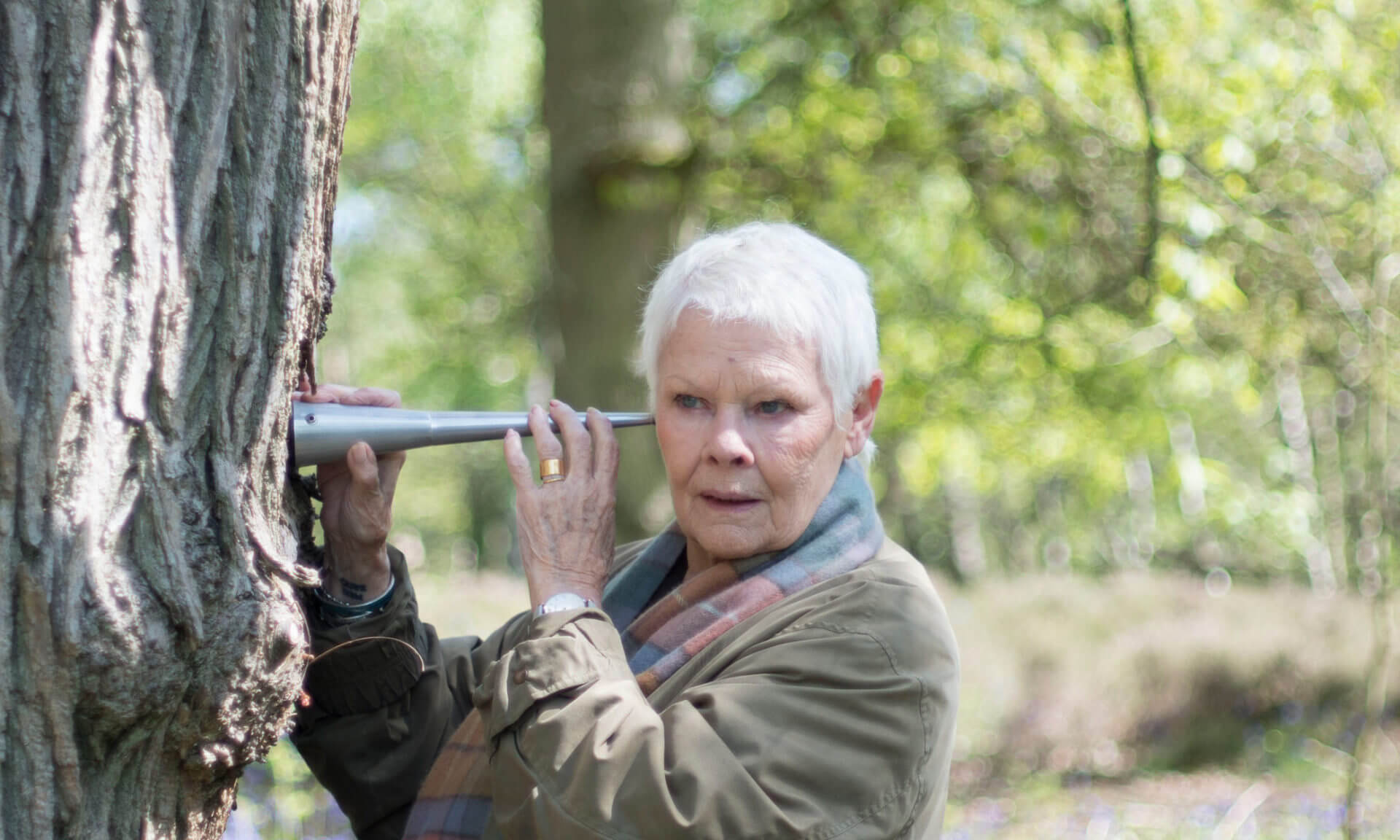The gender pay gap measures the difference in median hourly pay between men and women. And while it is well known that women are more likely than men to work in low-paying jobs, and that they take on a greater share of childcare and other caring responsibilities, what jobs are the best for women when it comes to pay equality? According to new research, these are the job roles where women can be higher earners than men.
Analysing data from the Office for National Statistics on the gender pay gap, personal finance experts Wealth of Geeks identified the top ten jobs where women, on average, earn more than their male counterparts and sheds light on professions where women are breaking through the glass ceiling and earning higher hourly wages.
Community and civil enforcement occupations top the list. By issuing Fixed Penalty Notices and Penalty Charge Notices, community and civil enforcement officers ensure that drivers follow parking regulations in public parks. The average hourly wage of women in this occupation is £16.11, while the average hourly wage of men is £12.50; this represents a 28.9% pay gap.
It is estimated that women in welfare professionals earn on average £20.77 per hour, while men earn £17.18 per hour, making them second on the list with a pay gap of 20.9%. In addition to mentoring, advocating for, and providing rehabilitation services to individuals, this position also entails overseeing adoption processes.
Third is biological scientists, with a pay gap of 20.6%. People in this job role study living organisms as well as their environments. Women in this field earn an average of £20.30 per hour, while the average hourly wage for men is £3.46 less at £16.84.

Managers and proprietors of hire services are next on the list. It involves managing a business or a team; women are paid on average £2.45 per hour more than men in this role, earning £14.52 per hour on average versus £12.07. This means a pay gap of 20.3% between the two.
Personal assistants and other secretaries ranked fifth in the ranking with a pay gap of 17.1%. This job involves providing administrative and secretarial support to individuals or teams. Women earn an average of £14.37 per hour in this job, while men earn £2.10 less.
Special needs education teaching professionals rank sixth on the list with a pay gap of 16.8%. Women in this field earn an average of £24.66 per hour and men earn £21.12. Children with emotional, behavioural, or learning disabilities, as well as physical disabilities, receive support from people in this job role.
Veterinary physicians are seventh on the list with a pay gap of 14.3%. They treat animals with injuries and illnesses; women can earn £3.14 more than men in the role with an average hourly wage of £25.09, while men earn £21.95.
Women in occupational therapy earn an average hourly salary of £20.85 while men earn an average hourly salary of £18.42. Occupational therapists help people with physical, mental, and social disabilities to do everyday tasks.
Women earn an average of £2.26 more than men as social and humanities scientists, whose main responsibility is to study and analyse human behaviour. Men in this role earn an average of £18.16, while women earn 12.4% more at £20.42.
Among publicans and managers of licensed premises, who own or manage pubs or bars, there is a pay gap of 11.4%, with women earning an average of £15.10 hourly while men earn £13.55.
Speaking exclusively to The Women’s Journal, Personal Finance Expert at Wealth of Geeks, Michael Dinich said: “It is fascinating to see such a drastic difference in hourly pay between men and women in these roles. Many women across the UK may have been the victim of the gender pay gap, but it is interesting to see which job roles they are now able to earn more than men; the findings could even inspire a career change for some.
“For years women have fought for equality in the workplace, and the fight is definitely not over. It is more important than ever for women to stand up for their ideas, take credit for their work and put themselves forward for leadership roles to make themselves heard in the workplace.”

Speaking about money-saving tips for women, Dinich continued: “It is crucial to take control of your finances; be aware of what money is coming in and going out of your bank. This means cancelling subscriptions you don’t use, setting spending limits for yourself, and budgeting where you can.
“Once you are aware of what spare money you have in your bank account, saving money becomes a lot easier. Depositing what you can into a ‘do not touch’ bank account each month gives you more financial independence over time. Whether it’s £20 or £200 per month, it is definitely worth having a savings pot to dip into in emergencies.
“Finally, you should set yourself goals. Whether that’s to buy a house within the next five years, purchase a new car, or even get that expensive pair of shoes that have been sitting in your basket for months. Having targets will motivate you to work hard and save extra money where you can.”





